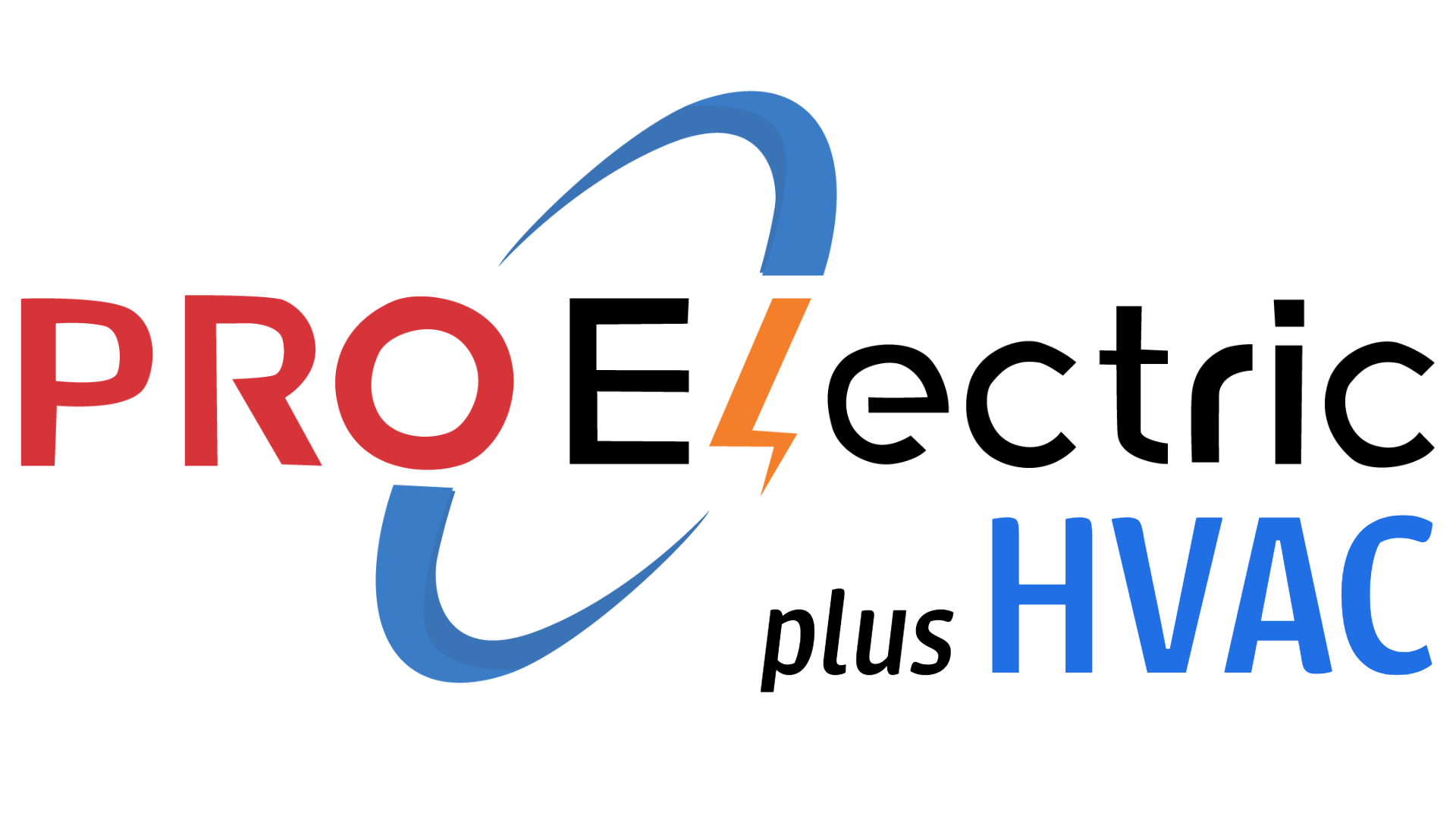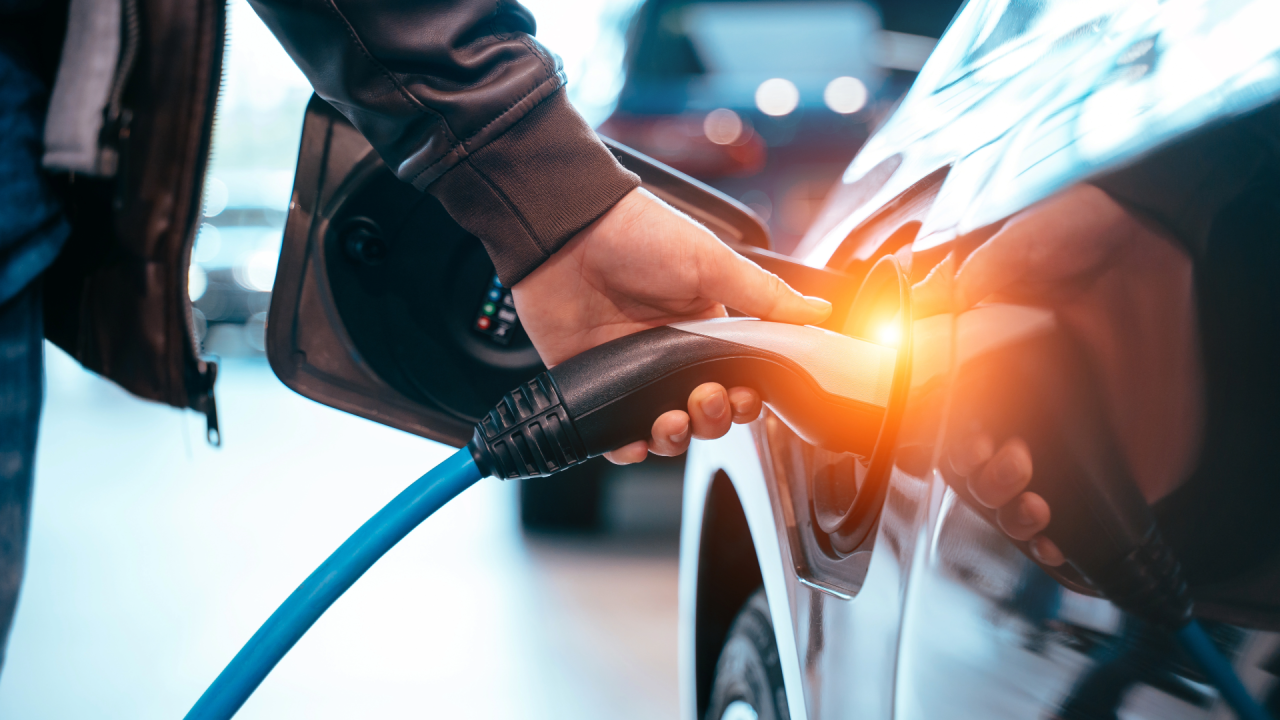Electric Vehicles and Charging Infrastructure in Northern Virginia
This executive summary evaluates the current trends in electric vehicles (EVs), the federally refundable tax incentives related to their purchase, and the advantages of home charging solutions for EVs in Fairfax, Loudoun, Prince William Counties, and Arlington City.
IRS Tax Credits and Incentives
Following the implementation of the Inflation Reduction Act of 2022, the EV marketplace received boosted federal tax credits for the purchase of a new EV.
Under Internal Revenue Code Section 30D, taxpayers who purchase a new qualified plug-in electric vehicle (EV) or fuel-cell vehicle (FCV) may provide up to a $7,500 credit.
The incentive comes with a host of caveats, such as income qualifications and manner of vehicle classification.
Leading EV Brands and Models
Meanwhile, the EV market has become much broader, with several well-known automakers manufacturing widely varied models.
The Tesla Model 3, Chevrolet’s Bolt EV, Nissan’s Leaf, Ford’s Mustang Mach-E, the Audi e-tron, and many others exist.
Some of these models have made the EV less of a luxury – more for the practical everyman.
For example, Nissan and Ford’s offerings are surprisingly practical pragmatic, and relatively inexpensive.
Porsche entered the game with the Tesla fighter, the Porsche Taycan, and the Lucid Air in the mix. On the luxury end is BMW’s iX/i4.
Practicality is one thing, but how do you pick an EV that best fits your needs?
Home EV Charging Benefits
The adoption of EVs in Northern Virginia is also made possible by the installation of Level 2 home EV chargers that bring huge benefits:
Convenience: Home chargers provide the ease of overnight charging.
Faster Charging: Level 2 chargers offer quicker charging times than public stations.
Increased Home Value: A home charger can enhance property value.
Improved Efficiency/Utility of Energy: Home charging is efficient in terms of the utility of electric energy for two reasons: it can occur using power generated by renewable energy sources.
Safety and Reliability: Personal chargers offer consistent and safe charging experiences.
Regional Impact
This provides a real opportunity for the citizens of Fairfax, Loudoun, Prince William, and Arlington Counties to not only be incentivized by the federal government but also leverage its combined forces (a combination of federal incentives and green transportation options), as it allows us to take advantage of the rapidly burgeoning array of EV options.
Home chargers help establish the region as a green, efficient & convenient transportation center.
The combination of federal tax incentives, a diverse mix of electric vehicles, and home infrastructure charging advantages portends a brighter, faster, and more convenient future for commuters in this region. Even better, it presents economic, environmental, and lifestyle advantages for the citizens of these counties.
This is excellent news for those of you looking forward to buying an EV or an FCV. Your switch to a cleaner vehicle may soon cost less than you think.
The federal tax credit for electric vehicle purchasers and the energy incentives available by Dominion Power could prove irresistible.
Understanding the Clean Vehicle Tax Credit (2023 Onwards)
Starting this year, if you put a new plug-in EV or FCV into service, you can claim a clean vehicle tax credit, part of the Inflation Reduction Act of 2022 that promotes the use of environment-friendly vehicles.
At the Point of Sale
What you need to know: the seller must provide this information to you when he sells the vehicle, register online, and report this information to the IRS every time he makes a sale or faces losing your incentive.
Who Qualifies?
Under Internal Revenue Code Section 30D, you can claim a credit of up to $7,500 for a new, qualified plug-in EV or FCV as long as you meet the following:
Purchase for Personal Use: The vehicle must be bought for your use, not resale.
Its primary use is in the US: The vehicle will mainly be driven in the US.
Income Limits: If you file as a married couple, your modified adjusted gross income (AGI) cannot go beyond $300,000; if you file as ‘head of household’, it’s $225,000; and if you file in any other category, it’s $150,
Credit Details
This credit is nonrefundable, meaning it can’t exceed your tax liability.
Based on Income and Delivery Year: If a vehicle was purchased or leased, Use the modified AGI from the year the car was delivered or from the previous year.
If a vehicle was produced and made available for delivery during the year: Using the modified AGI from the year after.
Credit Amount
The credit value depends on the vehicle’s service commencement date:
Effective from 1 January to 17 April 2023Up to $7,500, including a fixed amount of $2,500 and amounts based on battery capacity.
April 18, 2023, and Beyond: The credit depends on the truck/SUV or passenger car meeting critical mineral and battery component standards. Up to $7,500 in credit is available to qualified buyers.
Qualified Vehicles
To qualify, a vehicle must:
- Battery Capacity: Have at least 7 kilowatt hours of capacity.
- Weight Limit: Have a gross vehicle weight rating under 14,000 pounds.
- Manufacturer Criteria: Be made by a qualified manufacturer (except for FCVs).
- Assembly Location: Undergo final assembly in North America.
- Post-April 2023 Requirements: Meet critical mineral and battery component criteria.
Price Caps
The MSRP of the vehicle should not exceed $80,000 (for vans, SUVs, and trucks) or $55,000 (for all the others), respectively.
Maximizing the Benefit
Inescapably, don’t buy before considering all the above. And be sure to look at the window sticker if you are considering purchasing a car, as it includes the vehicle’s specified weight, battery capacity, and where it was assembled.
This federal tax credit for Americans who switch from gasoline-powered vehicles to a cleaner means of transport has helped homebuyers in the counties of northern Virginia district.
Homeowners who qualify can get a maximum of credit of $7,500 (USD). However, requirements and details differ from state to state. Check for all eligible criteria and plans with your tax professional if your taxes are sponsored.
After you purchase a fully electric car, you can speed towards a cleaner world by driving!
Top 15 Electric Vehicle Models: A Comprehensive Overview
- The Tesla Model 3: The Tesla Model 3 has been a game-changer in the EV market. It has an excellent range, high-tech features, a nice interior, and sleek styling. This car is both quick and rewarding to drive while still being relatively affordable. It’s one of the reasons Tesla continues to be the top-selling electric car in the US.
- Chevrolet Bolt EV Compact EVs offer the best balance of range, interior volume, cargo space and affordability for city drivers. Although it doesn’t share its fun-to-drive chassis with the Cruze or Sonic, the Bolt provides great city mobility, weighs about the same as either, will go more than twice as far on its battery charge, and costs less.
- Nissan Leaf: An early EV designed for the mass market, the new Leaf has a usable range and is affordable. Its quiet and pleasant ride makes it well-suited for daily work trips and short journeys.
- Ford Mustang Mach-E: Ford’s first EV, the Mustang Mach-E, takes a well-known name and adds to it in a fairly literal way. It is a stylish and enjoyable car with competitive performance and range.
- Audi e-tron: Do you love Audi? Do you want an EV? This is Audi’s first all-electric SUV, boasting luxury, comfort, and superb gadgetry. It is great for those wanting an EV without any of the green compromises.
- BMW i3: With its futuristic design and use of environmentally friendly materials, the i3 is a small city EV that aims to reinvent mobility. For those seeking both eco-friendly and stylish city transport.
- Porsche Taycan: Its supercar-like performance, straight-line speed, and superb handling make it a Porsche through and through (though the price is Porsche-level, too).
- Hyundai Kona Electric: This small SUV has an electric solid punch, thanks to a range and performance worthy of a sporty car. The Kona Electric is the kind of family EV that looks great and works well for everyday use.
- Kia Niro EV It’s not as stylish as the Hyundai, but it is a solid wringer-other of electricity: it has a decent range, plenty of interior space, and it’s nice on the road. It’s also reasonably priced and comes well-equipped even in its base trim level. For those wanting a family-orientated crossover with lower emissions, it’s a good choice.
- Rivian R1T: A new offering setting trends in the all-electric pickup category, the Rivian R1T blends rugged duty with luxury modes with stylish accents. Its photo-inspired cargo system is remarkably versatile.
- Lucid Air: with its optional 1,080-horsepower powertrain, the Lucid Air is the most potent, range-packed luxury you can buy. Inside its spacious, high-end interior, you’ll feel like the lead singer of a rock band taking you to a festival.
- Volkswagen ID.4: This seven-seat VW ID.4 is a family-friendly SUV with a big interior, easy to use tech, and a comfortable ride. Easy-going and sensible, it’s a good all-rounder if you’re looking for an EV SUV.
- Mercedes-Benz EQC: The EQC is Mercedes-Benz’s answer to the electric SUV market, blending luxury, comfort and quiet performance. It’s for those who want a premium electric car experience.
- Volvo XC40 Recharge: Volvo made its first all-electric vehicle, and it’s not surprising that it comes loaded with safety, style, luxury, and a Scandi design ethos called the XC40 Recharge: a compact SUV with no sacrifice to style and performance.
- Jaguar I-PACE Dare to be different. Jaguar’s first all-electric five-seater SUV, the I-PACE, balances Jaguar’s sporting heritage with cutting-edge eco tech. An exhilarating drive, plush interior and all the tech you need.
Each makes a different statement about styling, driving, and environmentalism, matching individual tastes in the changing EV market.
The Benefits of Installing a Level 2 EV Charger at Home
Think how convenient it would be to wake up to a fully charged vehicle every day.
Do you want your vehicle to be approximately 90 percent charged when you leave for the day?
Install a Level 2 EV charger at your home; you will never have to wonder about your charging progress. Y
our vehicle can charge overnight – just like your smartphone – and it will be ready to go when you are.
Instead of having to plan your trip my routine around checking for available chargers and then waiting in a queue at a public charging station, a home charger is always there for you. 24/7.
Faster Charging Times
Level 2 chargers are much quicker than the usual Level 1 chargers that come with most EVs.
While a Level 1 charger might take a full night to charge your car, a Level 2 charger can do it in a few hours or even less.
This is both a time-saving convenience and handy for those circumstances where you need to squeeze another percentage or mile into your car.
Increased Home Value
Surprisingly, installing a Level 2 charger can boost the value of your home, too.
More EVs on the road mean that homebuyers are looking for in-home EV charging as a desirable amenity. And just like long lines at the charger are friction along your EV lifestyle, adding in-home EV charging can be another thing to boost your curb appeal and provide your property with a potential premium when it comes time to sell.
Energy Management
It gives you more control over the energy used to charge your EV: you can do it during low off-peak hours to reduce costs.
Even for those without solar panels or other renewables, integrating whatever you might have with home charging is a way to maximize the ‘greenest’ energy, which means continuing to reduce your carbon footprints.
Safety and Reliability
Users of public EV chargers might find that they work or they might not; your home Level 2 has a charger that you know is in good repair and working properly.
Moreover, charging at home avoids having to use different charging equipment at public stations, which can also vary in condition and compatibility.
Customization and Smart Features
Most home chargers come with smart functionality to manage your charge via a smartphone app.
You can set up charging times, find out how much energy you’re using, and integrate your charger with other systems for a seamless, efficient experience.
Environmental Impact
Furthermore, by charging your EV at home (especially at off-peak times and from renewable energy sources), you are greatly reducing the strain on the grid by reducing the need for peak-time grid power output—a significant step towards a more sustainable future.
Lowering demand for peak-time energy saves generation resources and reduces the need to switch to fossil-fuel-based energy production.
Getting an EV is a great investment, but people who drive electric vehicles are well advised to install a home Level 2 EV charger.
Such a move provides better convenience, better charging times, the potential for higher home value, and better energy load management.
Anything that moves us toward a more sustainable lifestyle is a good thing.
With the road ahead of us electrifying, the need for a home charging station will soon become normal.
That means that things are happening now, not just in some distant future vision, right here in Northern Virginia.
The convergence of federal investment, a growing generation of EVs, and home EV charging solutions is transforming the ways we move around.
And for residents of nearby Fairfax, Loudoun, Prince William, and Arlington Counties, this isn’t simply a change in how we get around; it’s a bold step into the future. w.



